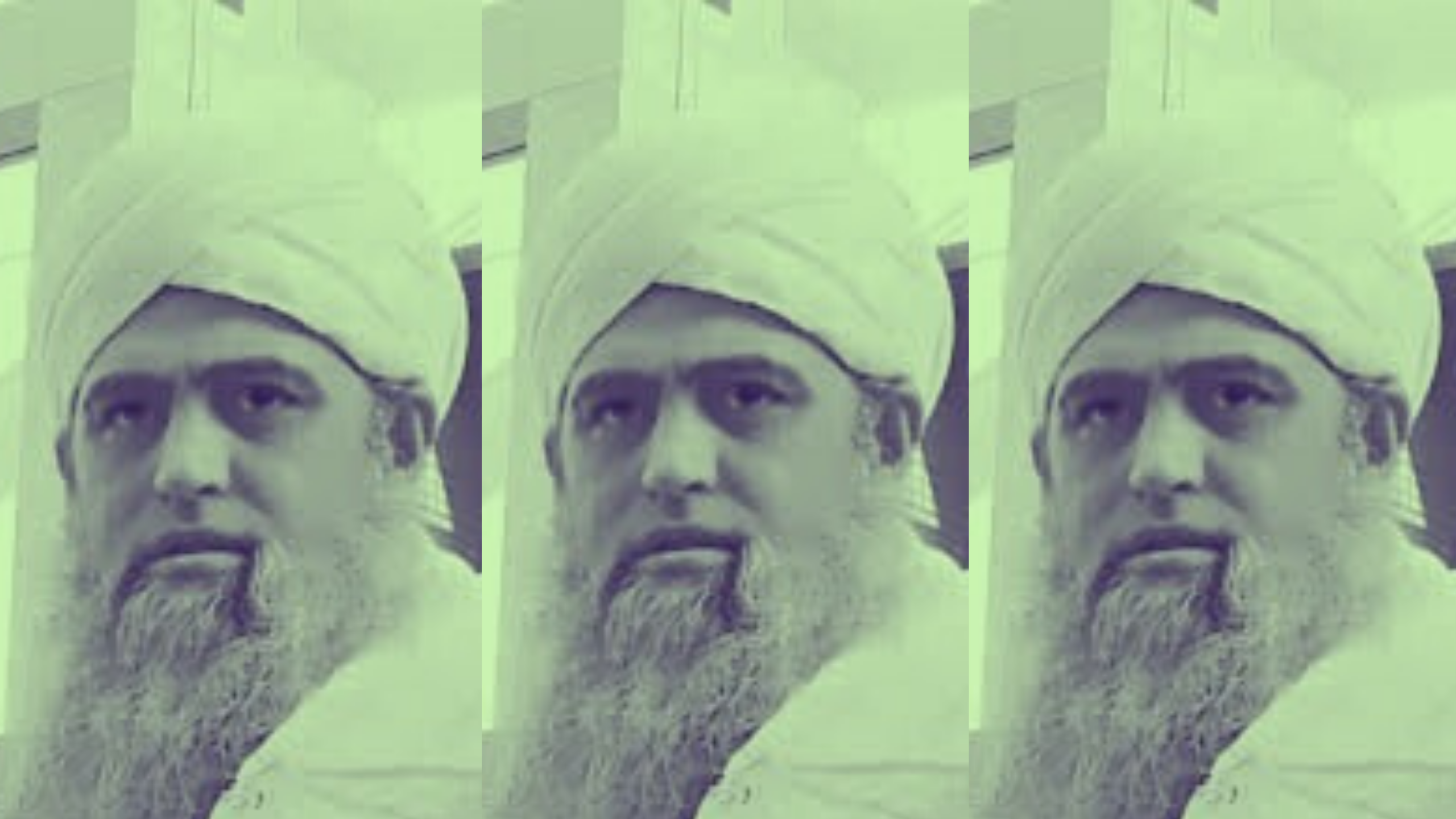The Delhi High Court on Friday dismissed a plea seeking to transfer the investigation of a case lodged against Tablighi Jamaat leader Maulana Saad from the Delhi Police to the National Investigation Agency.
The case is related to Maulana Saad holding a congregation in March in alleged violation of the orders against large gatherings to contain the spread of coronavirus.
A bench of Justices Siddharth Mridul and Talwant Singh dismissed the plea after the petitioner sought permission to approach the Supreme Court seeking similar relief.
The petition filed by Mumbai-based lawyer Ghanshyam Upadhyay had also sought direction to the NIA to investigate the matter in a time-bound manner and that the inquiry be monitored by the High Court, alleging that the Delhi Police have failed to arrest the leader despite lapse of considerable time.
He had also sought the invocation of the Unlawful Activities (Prevention) Act. “It is virtually impossible for Maulana Saad to hide himself for such a long time and that too in the capital of the country,” the plea stated. “Performance of Delhi Police has been pathetic from the very inception and outset.”
The Delhi Police had opposed the petition stating that they were already conducting the investigation and there was no need to transfer it to any other agency.
The congregation of the Sunni Muslim sect was attended by many foreigners and was blamed for thousands of coronavirus infections around the country in the initial weeks of the nationwide lockdown, which began on March 25. The overwhelming section of the media gave a communal angle in the coverage to vilify Tablighi Jamaat followers and Muslims at large. There had been rampant disinformation and a tsunami of fake news attributing old and often unrelated incidents to Muslim, blaming them of a conspiracy to spread the pandemic. News channels and even some politicians from the ruling BJP maliciously termed the coronavirus pandemic as ‘Corona Jihad’, ‘Terrorist Virus’, insinuating a Muslim-led conspiracy behind its spread.
However, in the same month, the Bombay High Court had quashed a first information report against eight people from Myanmar, who attended the Tablighi event, saying that there was no evidence to show they indulged in any act that was likely to have spread the infection.
In August too, the Bombay High Court quashed three FIRs against 35 petitioners – 29 of them foreign nationals – who attended the Tablighi Jamaat congregation and travelled from there to different parts of India. The court had said in its judgement that the foreigners had been made “scapegoats” and that the action against them was an “indirect warning to Indian Muslims” after the protests against the Citizenship Amendment Act.
Related
Rushda Fathima Khan is the Staff Reporter for The Cognate.











































